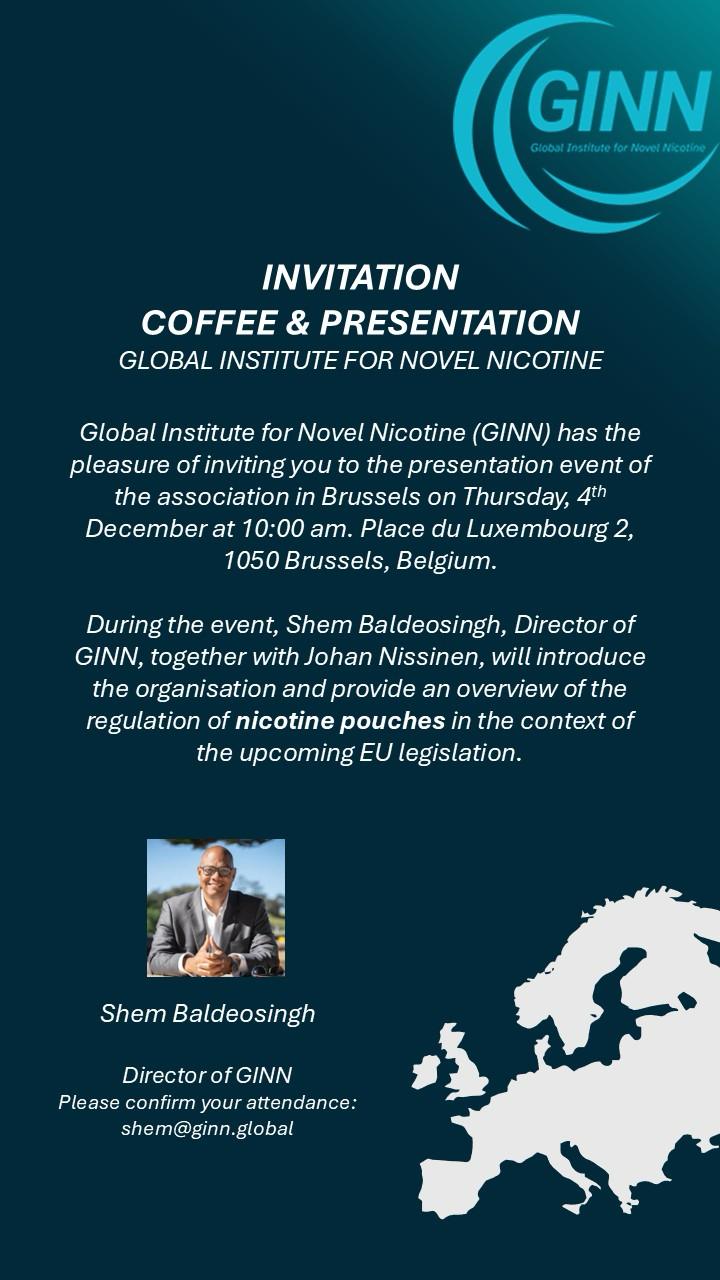In September 2025, France confirmed plans to ban the sale of nicotine pouches starting in 2026, a move hailed by anti-tobacco groups but criticized by harm reduction advocates as a serious setback for public health.
The Ban and Its Rationale
French authorities justified the ban as a measure to protect young people, pointing to rising pouch use among adolescents and concerns over flavors, marketing, and accessibility. The Ministry of Health framed the decision as part of France’s ambition to deliver a “tobacco-free generation.”
Under the ban, the production, distribution, and retail sale of nicotine pouches will be prohibited nationwide. This follows the government’s 2024 draft decree, which initially sought to outlaw the products outright, but faced political pushback that briefly opened the door to more balanced regulatory approaches. Those pragmatic options have now been abandoned in favor of prohibition.
What’s at Stake
For France’s 15 million smokers, this ban removes a category of lower-risk alternatives at a time when smoking continues to claim over 75,000 lives every year. In countries like Sweden, oral nicotine products such as snus and pouches have been integral to reducing smoking prevalence to below 5%, achieving “smoke-free” status under WHO definitions.
By eliminating legal access, France risks pushing demand into illicit markets where products are unregulated, age verification is absent, and safety cannot be guaranteed. Instead of protecting young people, prohibition is likely to replicate the failure of previous bans, as seen with disposable e-cigarettes (“puffs”), which remained easily accessible through parallel markets.
An Ideological, Not Scientific, Policy
France’s approach reflects an ideological posture rather than one grounded in science. Decades of toxicological and epidemiological evidence confirm that while nicotine is addictive, it is combustion, the burning of tobacco, that causes the vast majority of smoking-related cancers, cardiovascular disease, and respiratory illness.
Instead of recognizing this risk continuum and pursuing proportionate regulation, such as strict age-gating, nicotine caps, and flavor rules, France has chosen outright prohibition. This decision subverts innovation, depriving adult smokers of tools that could help them quit or switch, and undermines trust in evidence-based policymaking.
Divergence from European Trends
France’s ban also places it at odds with broader European developments. Sweden has embraced oral nicotine as a cornerstone of its public health success. Other member states are exploring frameworks that regulate pouches proportionately, ensuring youth protection without cutting off harm reduction opportunities.
At the EU level, the Tobacco Products Directive review is considering how best to integrate new nicotine products into a coherent policy framework. France’s prohibitionist stance risks isolating it from this evolving landscape and undermining single-market principles.
GINN’s Perspective
At GINN, we strongly believe in proportional, science-based regulation that protects minors while empowering adults to switch to safer alternatives. France’s decision ignores the lessons of harm reduction and risks repeating past failures: illicit trade, misinformation, and preventable deaths.
Nicotine is addictive, but combustion is deadly. Safer alternatives like nicotine pouches should be regulated responsibly, not banned outright. France’s current policy is not rooted in science but in an ideological aversion to nicotine itself, regardless of form.
The Road Ahead
As 2026 approaches, there is still time for France to reconsider. Prohibition will not deliver a tobacco-free generation; it will only prolong dependence on cigarettes and strengthen illicit markets. By pivoting to proportionate regulation, focused on protecting youth, ensuring quality standards, and supporting adult smokers, France could align with international best practice and finally make real progress in reducing smoking prevalence.
The choice is stark: cling to ideology and maintain Europe’s highest smoking rates, or embrace science, innovation, and regulation that saves lives.







